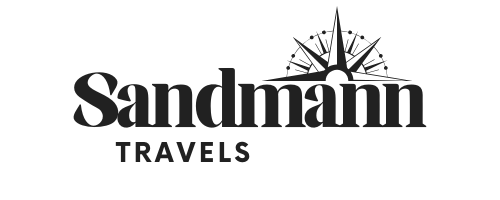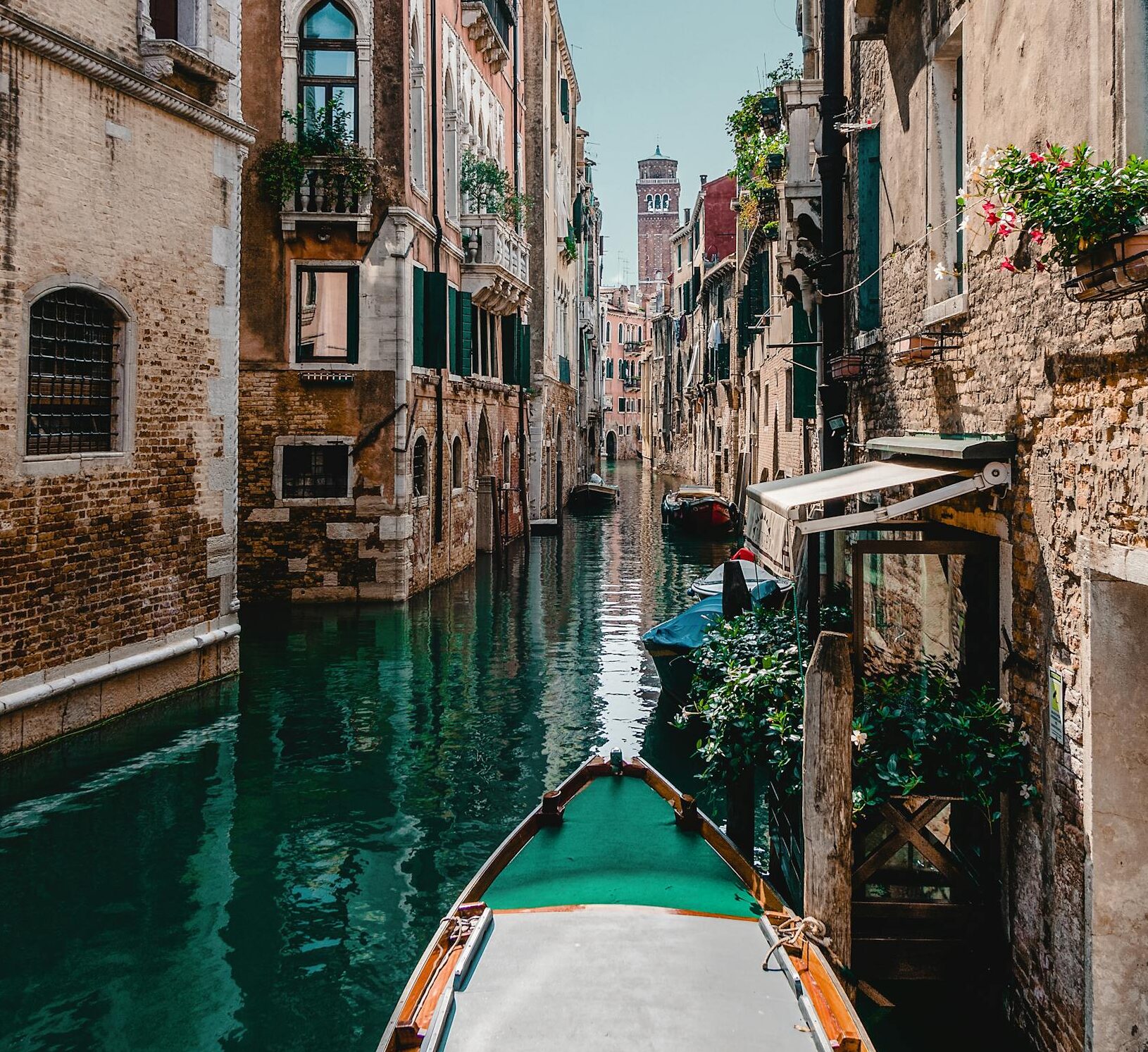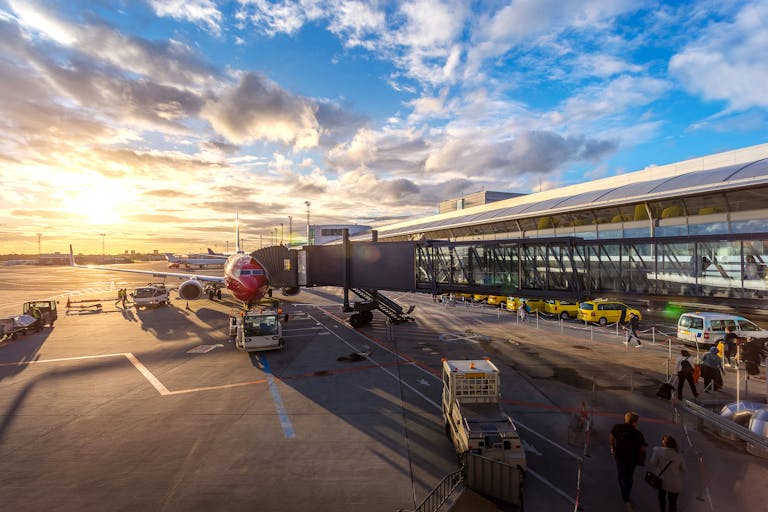Travel Portal Vs. Booking Direct: What’s The Best Choice?
Are you thinking about booking your next trip through a travel portal like Expedia, Hopper, Kayak, or a bank portal like Chase, American Express, or Capital One? These platforms can be super convenient, but they’re not always the best choice.
Let’s break down what travel portals are, when they make sense, and when you’re better off booking direct.
First Things First: What Is a Travel Portal?
A travel portal is a third party online platform that allows you to search for and book flights, hotels, car rentals, and sometimes even experiences all in one place. Think of it like a digital travel agency.
Popular examples include:
- Expedia
- Hopper
- Kayak
- Bank travel portals like Chase Ultimate Rewards, Amex Travel, or Capital One Travel (check out my favorites here)
They’re designed for convenience, offering side-by-side price comparisons and the ability to bundle your bookings.
The Pros of Booking Through a Travel Portal
There’s a reason these platforms are so popular, as they offer some pretty compelling benefits:
All-in-One Convenience
You can book your entire trip (flights, hotel, rental car, and more) from a single site. This is especially useful for busy travelers or anyone who wants to keep things streamlined.
User-Friendly Design
Most portals are easy to navigate, making them great for beginner travel planners or those booking last-minute.
Price Comparison at Your Fingertips
Travel portals let you compare prices across multiple airlines, hotels, or rental companies, helping you spot the best deals quickly.
Bundle Discounts
Many sites offer special rates when you book flights and hotels together, which can lead to noteworthy savings.
The Cons: Why Travel Portals Aren’t Always a Smart Move
As convenient as they are, third-party travel portals come with a few significant downsides:
Limited Customer Support
If something goes wrong, like a delayed flight or canceled reservation, you’re stuck dealing with the portal’s customer service, not the airline or hotel. That often means longer wait times and more red tape.
No Loyalty Program Benefits
Booking through a portal often means you won’t earn points or elite status perks through hotel or airline loyalty programs. That can mean missing out on free upgrades, early check-in, or future discounts.
Strict Change & Cancellation Policies
Third-party bookings may come with more restrictive policies. Need to change your plans? Expect fees or limited flexibility.
Hidden Fees
Some portals tack on extra fees or markups that aren’t obvious until the final checkout screen, so make sure you get to the final booking page to see the actual price.
Worse Experience
Some hotels relinquish guests who booked through third party travel portals to less desirable rooms that might be noisier or on lower floors.
When It Does Make Sense to Use a Travel Portal
That said, there are a few situations where using a portal can actually work in your favor:
You Have a Travel Credit to Use
If your travel credit card offers an annual travel credit, booking through the bank’s portal is a great way to use it up (and might even be the only way to use it).
Big Earning Bonuses
Sometimes portals offer rewards like 5x or 10x points or miles on bookings. If the pricing and flexibility are the same as booking direct, that extra earning power can make it worth it.
Last-Minute Travel
If you need to book something quickly and convenience and cost outweighs loyalty perks, portals can be a great tool.
Rental Cars
Rental cars are generally low-risk to book through portals. They often include free cancellation, so you can easily rebook if prices drop before your trip.
Pro Tip: Always Compare Before You Book
Even if a portal looks like it’s offering a great deal, take a moment to compare prices and policies directly on the airline or hotel website. You’ll often find:
- Better cancellation terms
- Ability to earn and use loyalty points
- Easier customer service experiences
And here’s a personal tip from someone who’s been there:
If you do book a hotel through a portal, always call the hotel to confirm your reservation.
Trust me, after almost getting stranded in Atlantic City, New Jersey for work by booking through a travel portal (and not calling), it’s NOT a mistake I’ll make ever again.
My Go-To Booking Strategy as a Travel Planner
Whenever possible, I recommend booking directly with airlines, hotels, and rental car agencies. Here’s why:
- Better customer service and easier issue resolution
- Access to loyalty perks and upgrades
- Clearer cancellation and change policies
But if you do decide to use a portal, be sure to:
- Double-check cancellation and refund policies
- Use a credit card that offers travel protections
- Confirm bookings directly with the provider after purchase
A little extra effort can save you a lot of hassle (and money) later.
Bottom Line: Travel portals are a helpful tool, but not always the best tool. By knowing when to use them, and when to skip them, you can travel smarter, save more, and reduce stress along the way.






